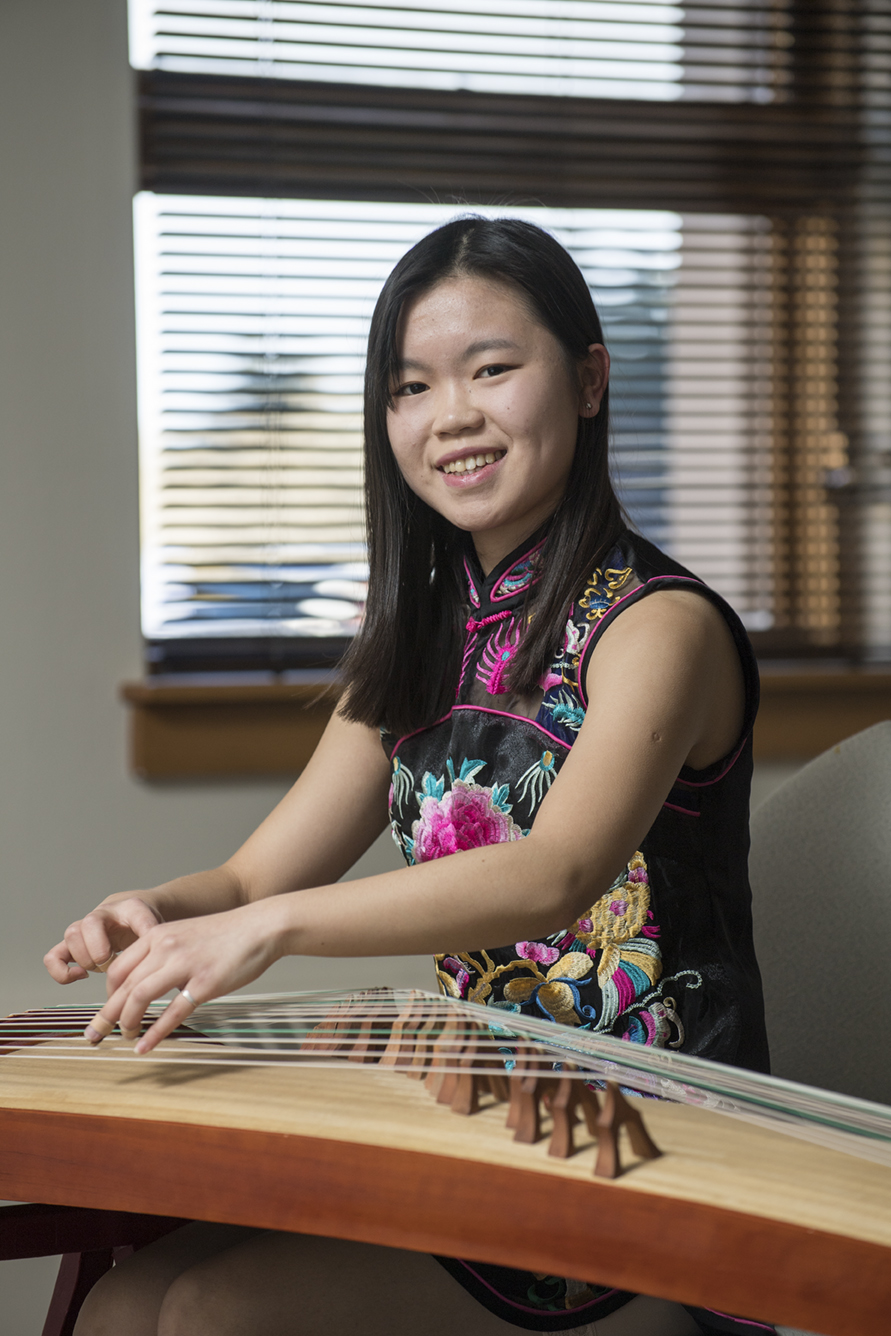Global UWC Movement
The 18 UWC schools and colleges make up a movement that includes more than 60,000 alumni around the world. While each campus is distinct, the commitment to the mission is shared across the movement. Indeed, the UWC mission and philosophy is more relevant now than ever: given the tensions and crises that exist, the world truly needs the compassionate citizens, committed activists, and thoughtful leaders who graduate from UWCs.
German educator Kurt Hahn, founder of Outward Bound, conceived the bold concept of United World College in the 1950s at the height of the Cold War. Hahn believed that much could be done to overcome religious, cultural, and racial misunderstanding if young people from all over the world could be brought together to live and learn.
No matter which school they attend, UWC students develop a deep sense of self, a passion for values in which they believe, and an understanding of their individual capacity to impact the world. Graduates are equipped and inspired to become change-agents. Taught the skills and values that reflect international understanding and deep respect for others, they are poised to lead positive change in their future communities, institutions, and beyond.
“Our world needs leaders who know, understand, and can collaborate with one another. And who are inspired to make a difference.”
— Her Majesty Queen Noor of Jordan, President of UWC

The UWC mission and core values
The nine core values of the UWC mission are the ways that the individual schools and colleges around the world deliver on the vision that UWCers share. We strive to live these ideals as we navigate our time on campus in Montezuma and the more important work we do when we leave here for new communities and countries.
At the heart of the mission is the belief that when people understand each other better and see each other as less “foreign” or different, then we can work together to solve small problems in the school community and large problems in the wider world.
At UWC-USA we celebrate differences through cultural day shows that showcase the music, art, and culture of different parts of the world. Even more important, we delight in and disagree about the differences we find as we get to know faculty, students, and administrators from diverse backgrounds and points of view.
As a community, UWC-USA places high value on personal responsibility and integrity. We are looking for people who have a strong sense of right and wrong and who do what they say they will do.
Mutual responsibility and respect is the backbone of the UWC-USA community. We can work and grow together in our living and learning community when we trust and respect one another. When we leave Montezuma we can more easily work together to tackle the biggest challenges of the world with new partners.
UWC-USA students reach out to others because they feel a powerful desire to connect. So do our alumni. The UWC mission doesn’t make sense if students and alumni keep it to themselves or refuse to engage others in their communities. The mission comes alive as we form powerful communities that support and help one another.
The UWC mission asks us to learn about and appreciate the environment we live in and to be good stewards of the resources we have. At UWC-USA we learn to live as part of a new ecosystem, a high mountain desert, that asks us to be good stewards of water and the forests around us.
UWC-USA students universally have a sense of idealism that fuels their work. They constantly ask “What if…?” What if we could create a program to excite elementary school girls about coding? What if we could partner with administration to strengthen our community through more equitable policies and practices? What if we could use what we’re learning in chemistry to create biofuels to be used on campus and beyond? Over the course of their two years at UWC-USA students test their idealism and learn the power of resilience as they encounter roadblocks along the way.
Personal challenge is important to the mission and the UWC-USA experience. It is challenging to ask difficult questions about your beliefs, to make friends with people who are not like you, to learn the skills necessary for a weeklong hike in the mountains. It is challenging to do this while taking on the rigors of a serious academic program. But it is through these challenges that we learn the most.
UWC-USA students talk a lot. But they also know when to pivot toward proposing solutions. Our students are at their best when they are living the UWC mission by action and example.
